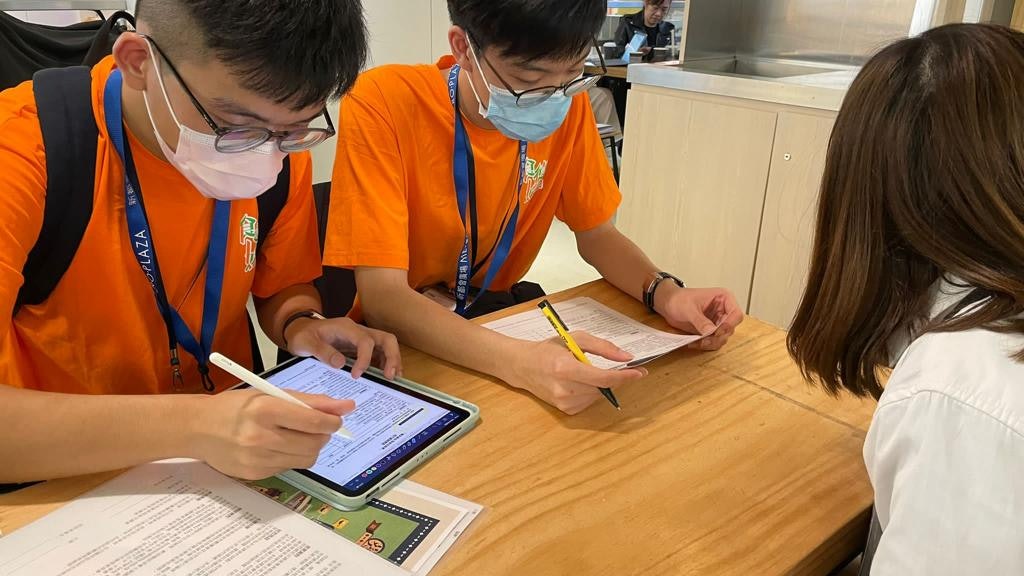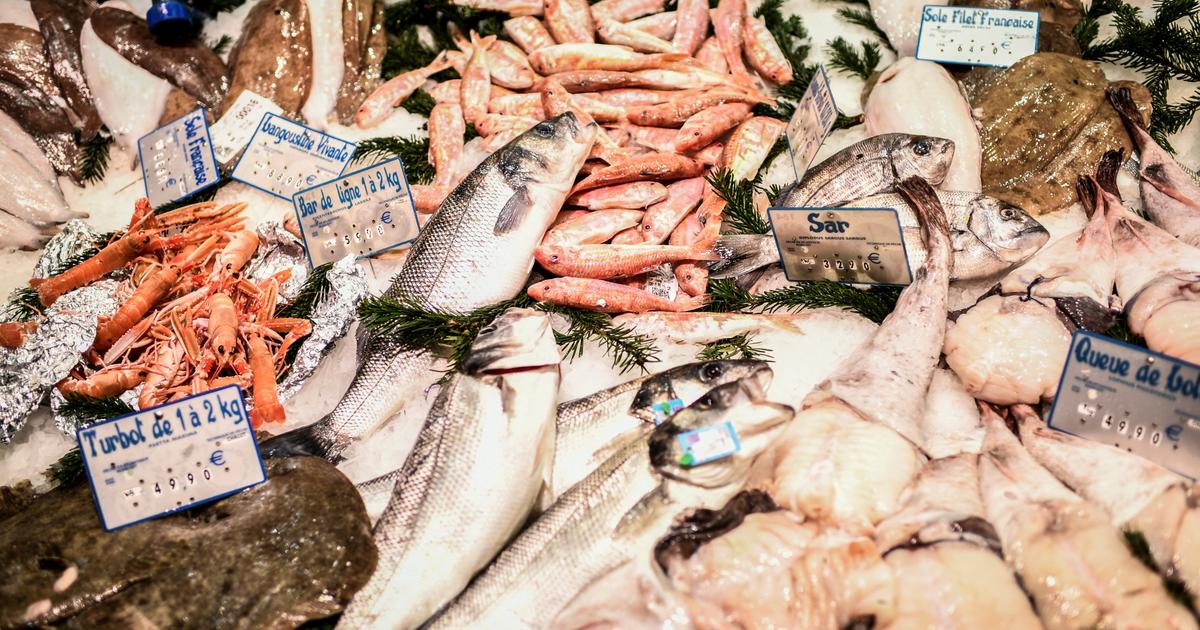There is a serious food waste problem in Hong Kong. Some concerned groups have launched the "Survey on the Current Situation of Food Waste in the Industry", using Kwai Tsing District as a pilot survey. And understand the corresponding community support and job incentives.
It was found that 90% of the interviewed businesses did not know the current percentage of local food waste in the total municipal solid waste, and over 40% of the respondents did not know the third reading of the Municipal Solid Waste Charging (Garbage Levy) Bill passed in August last year , reflecting that many restaurants do not understand the policies and related infrastructure for handling food waste in Hong Kong.
The group suggested that the government should allocate more resources to provide comprehensive guidance to businesses, guide industry players to learn early and implement relevant measures, prepare for waste levy, and hold relevant training courses for front-line staff of restaurants to learn how to deal with food waste program of.
The group also urges the government to formulate a timetable for the industry to deal with food waste and allocate additional resources to study the process of hardware facilities.
Food De Hao cooperated with the International College of Hong Kong Baptist University to launch the "Survey on the Current Situation of Food Waste in the Industry", taking Kwai Tsing District as a pilot, using survey and quantitative methods to collect food waste data and current situation by visiting various types of restaurants in the district. , deal with and face the problems, and understand the corresponding community support and job incentives.
(Photo provided by Shidehao)
According to the survey, about 3,600 tonnes of food waste is disposed of in Hong Kong every day, accounting for nearly 40% of the total waste in Hong Kong's landfills.
Food De Hao cooperated with the International College of Hong Kong Baptist University to launch the "Survey on the Current Situation of Food Waste in the Industry", taking Kwai Tsing District as a pilot, using survey and quantitative methods to collect food waste data and current situation by visiting various types of restaurants in the district. , deal with and face the problems, and understand the corresponding community support and job incentives.
More than 65% of the interviewed businesses indicated that they have implemented food waste reduction measures
The results showed that 90% of the interviewed merchants did not know the current percentage of local food waste in the total municipal solid waste, and over 70% of the merchants said they had never heard of O·Park (Siu Ho Wan Food Waste Factory).
Over 40% of the respondents did not know about the Municipal Solid Waste Charging (Garbage Levy) Bill passed in the third reading last August, reflecting that many restaurants do not understand the food waste treatment policy and related infrastructure in Hong Kong.
On the other hand, more than 65% of the interviewed merchants indicated that they have implemented food waste reduction. Among them, more than 70% pointed out that “environmental protection” is the reason for them to reduce food waste, and half of them pointed out that the purpose of reducing food waste is to reduce the cost of waste disposal. The industry actually understands that reducing food waste is closely related to environmental protection.
Some merchants pointed out that they are willing to implement food waste recycling and sorting if they can grasp the information on the food waste recycling facilities in the community.
Food De Hao cooperated with the International College of Hong Kong Baptist University to launch the "Survey on the Current Situation of Food Waste in the Industry", taking Kwai Tsing District as a pilot, using survey and quantitative methods to collect food waste data and current situation by visiting various types of restaurants in the district. , deal with and face the problems, and understand the corresponding community support and job incentives.
(Photo provided by Shidehao)
40% of the respondents said that the food waste in the upper column accounts for more than 10% to 30% of the total waste
Yuan Dezhi, Executive Director of Food De Hao, said that the food waste in the catering industry is divided into the upper column and the lower column. The upper column refers to the pre-meal food waste, that is, the kitchen waste generated during the food preparation stage or due to improper storage management, and the lower column refers to the food waste. It is after-dinner food waste, that is, the food waste left by customers after eating.
About 40% of the interviewed merchants indicated that their food waste during procurement and storage accounted for 10% to 34% of the total waste.
In addition, 90% of the merchants who said they had food waste, more than half said that the lower column accounted for more than half of the total food waste, and nearly 30% of the merchants even said that after meals accounted for 70 to 100% of the total food waste.
Some merchants reported that the restaurant offers options for less meals and side dishes, but customers may not ask for it, and they end up not being able to finish the food.
About 42% of the interviewed merchants said that too much garbage in the food waste after meals is the biggest challenge in handling food waste, and "the need to completely separate the food waste for cultivation" and "the current community does not have collection facilities" are the biggest difficulties. close to four percent.
Some merchants also admitted that handling food waste requires manpower and space, which may affect operating costs.
About 42% of the interviewed merchants said that too much garbage in the food waste after meals is the biggest challenge in handling food waste.
(Photo provided by Shidehao)
Nearly 60% of respondents believe that comprehensive industry guidelines are an important package
Nearly 60% of the interviewed merchants considered comprehensive industry guidelines to be an important package, and nearly half of the interviewees considered the community food waste collection system important.
Most of the merchants expressed the hope that the government can arrange for a special person to come to the door or a food waste recycling vehicle to collect food waste on a regular basis and provide clear guidelines.
Some merchants expressed their hope that there will be free courses to train practitioners so that employees can learn the food wise operation process.
Wu Yongyu, Director (Education) of the Good Food Project, said that the survey results showed that although most businesses knew that food waste had a negative impact on the environment, they lacked awareness and were confused about relevant policies, infrastructure and measures. They failed to reduce and dispose of food waste systematically. Even in the face of waste seedling costs, they did not try to separate food waste and waste.
Most of the merchants also expressed their desire to receive various levels of support and support in handling food waste.
Wu Yongyu suggested that the government should invest more resources, provide comprehensive guidance to merchants, reduce and properly deal with the steps of food waste in the upper and lower columns, and guide people in the industry to learn and implement relevant measures in advance to prepare for waste levy.
(Photo provided by Shidehao)
Wu Yongyu suggested that the government should invest more resources, provide comprehensive guidance to merchants, reduce and properly deal with the steps of food waste in the upper and lower columns, and guide people in the industry to learn and implement relevant measures in advance to prepare for waste levy.
In addition, he also urged the government to set up a form similar to the "Municipal Solid Waste Levy Pilot Scheme", through funding funding for environmental groups or non-government groups, to pilot a comprehensive reduction, sorting, collection and treatment of food waste with businesses of different types and sizes. A comprehensive process will help formulate a targeted plan in the future.
He also hopes that the government will organize relevant training courses so that frontline staff of restaurants can learn the importance of practical food waste disposal.
Since the subsequent processing of food waste is more complicated than general waste, the group recommends that the government formulate a timetable for the food waste processing industry in the next few years, and allocate additional resources to study the process of medium and hardware facilities such as delivery process, zoning treatment, and collection methods.
Survey finds that 60% of Hong Kong people do not know food waste sorting groups urge the establishment of recycling stations in housing estates District online food saving and food waste recycling forums are a way to teach the private business sector to waive waste levy EPD plans to install odor reduction food waste machines in public housing estates The cost of each unit is several million yuan for the re-bidding of the old food waste factory in the EcoPark.
01 Community













/cloudfront-eu-central-1.images.arcpublishing.com/prisa/B7F2F3HZ2JCUHDZJKAGKAXXPSU.jpg)